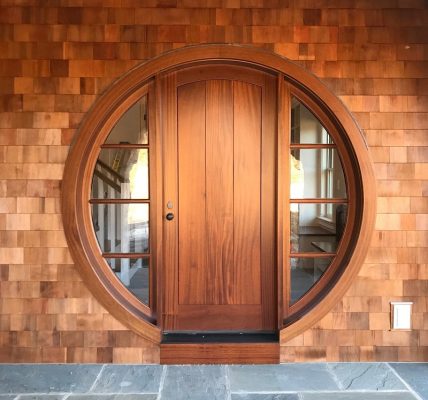Prior to you dedicate to your roofing contractor, there are a couple of particular roof questions you ought to ask to ensure that they are above-board, as well as the best option for you.
Below are a Few Inquiries You Need to Ask Your Roofing Professional
Starting with inquiries regarding their company is best as it provides you a feeling of their qualifications as well as experience.
- Are you associated with a manufacturer?
Most roofing shingle makers have special programs for certifying individuals that have been trained on their items and their setup. If your replacement and repairs contractor is connected with a manufacturer, that’s an indication that they have a higher understanding of how to mount that business’s products, which can cause better-quality roofing for you. You can utilize our search tool to find a professional near you.
- Do you have an insurance policy?
Your roofer requires to have insurance, not just in protecting their company but to safeguard you when a mishap happens on your property. If your contractor does not have an insurance policy, you could be called to account if their staff member has an accident while dealing with your roof. All contractors need to have legitimate general responsibility, as well as employee’s settlement insurance policy at a bare minimum. Discover more about what kind of insurance contractors require, as well as make certain that your contractor’s plans are still legitimate before you let them start working.
- Where is your long-term address?
You can rule out storm-chasers by validating their address. Ensure it is not simply a P.O. box. You can utilize Google maps to check out the building to check that the business does exist at the address the roofing contractor gave you. See if the structure has a sign for the roof covering the firm, or if it appears like a stockroom or storage system where a contractor might store their tools, as well as materials. Unfortunately, some unethical, questionable operators come down on entire communities with only a vehicle and afterward disappear as quickly as the job is done, without any way for you to contact them if something goes wrong in the future.









